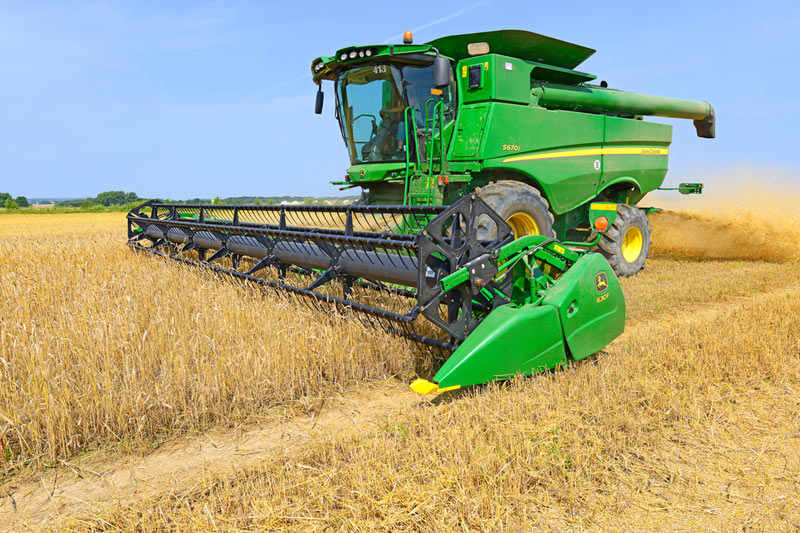By Michelle Nichols
UNITED NATIONS (Reuters) – Russia said on Friday that U.S. bank JPMorgan (NYSE:) had this week stopped processing payments for the Russian Agricultural Bank as Moscow demanded action, not promises, from Washington to help Russian grain and fertilizer reach global markets.
Moscow has a list of demands it wants met before it will return to a deal, which it quit on July 17, that had allowed the safe Black Sea exports of Ukraine grain for the past year. Under a related pact – also brokered in July 2022 – U.N. officials agreed to help facilitate Russian food and fertilizer exports.
“As soon as this is done, this deal will immediately be renewed,” Kremlin spokesman Dmitry Peskov told reporters.
U.S. Secretary of State Antony Blinken told reporters on Thursday that Washington would continue to do “whatever is necessary” to ensure Russia can freely export food if the Black Sea grain deal was revived.
A key Russian requirement has been the reconnection of the Russian Agricultural Bank to the SWIFT international payments system. It was cut off by the European Union in June last year following Russia’s invasion of Ukraine.
As a workaround to that demand, JPMorgan had been processing some Russian grain export payments with reassurances from Washington. However, that cooperation stopped this week, Russia’s Foreign Ministry said on Friday.
“The direct channel between the Russian Agricultural Bank and JPMorgan, which the West and the United Nations tried to present as a working alternative to SWIFT, was closed on Aug. 2,” foreign ministry spokeswoman Maria Zakharova was quoted by Russian media as saying.
The United Nations declined to comment. The U.S. State Department and JPMorgan did not immediately respond to a request for comment.
PREPARED TO HELP
While Russian exports of food and fertilizer are not subject to Western sanctions imposed after Russia’s February 2022 invasion of Ukraine, Moscow has said restrictions on payments, logistics and insurance have hindered shipments.
Top U.S. State Department sanctions official James O’Brien said earlier on Friday that Russia needed to be clear about what it was asking for and what constituted success, suggesting it should be how much food and fertilizer reaches the world.
“It has put forth a number of different demands and all of them having to do with various Russian institutions not getting services from the private sector,” he told reporters. “We have made clear that we’re prepared to help on any of these matters.”
“Russia is exporting record amounts of grain,” O’Brien said. “So if the measurement is food for the globe … Russia’s complaints amount to minor allegations about a system that is working very well.”
Russia may export at least 55 million tonnes of grain in the 2023/24 marketing season, slightly less than the estimated record-breaking 57 million tonnes in the 2022/23 season, Russia’s Grain Union said last month.
Ukrainian exports for the 2022/23 season were almost 49 million tonnes, according to Agriculture Ministry data. Nearly 33 million tonnes of that was shipped under the Black Sea deal.
Western countries have accused Russia of using food as a weapon of war by quitting the Black Sea deal, which had helped to bring down global food prices, and then carrying out repeated air strikes on Ukrainian ports and grain stores.
Russia has complained that not enough Ukrainian grain was getting to the poorest countries. The United Nations has argued that the deal helped everyone because it brought prices down 23% from a record high in the weeks following Russia’s invasion.
Read the full article here










